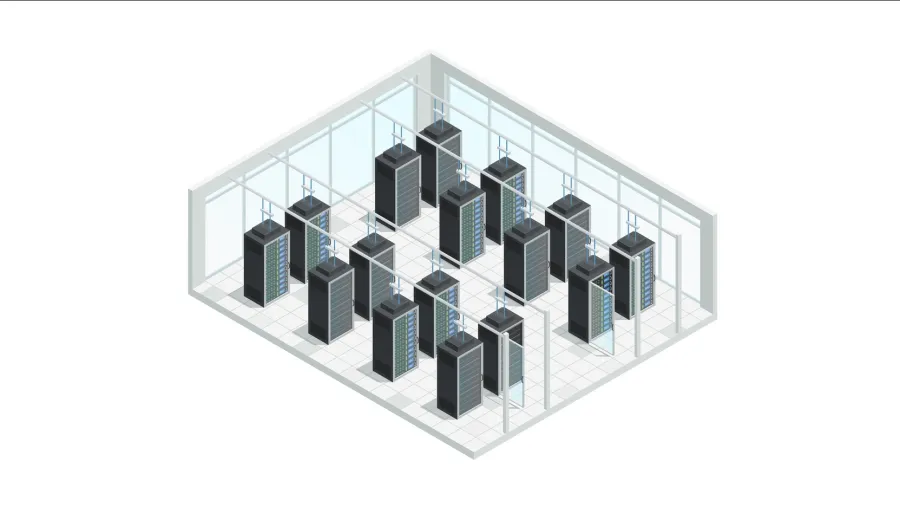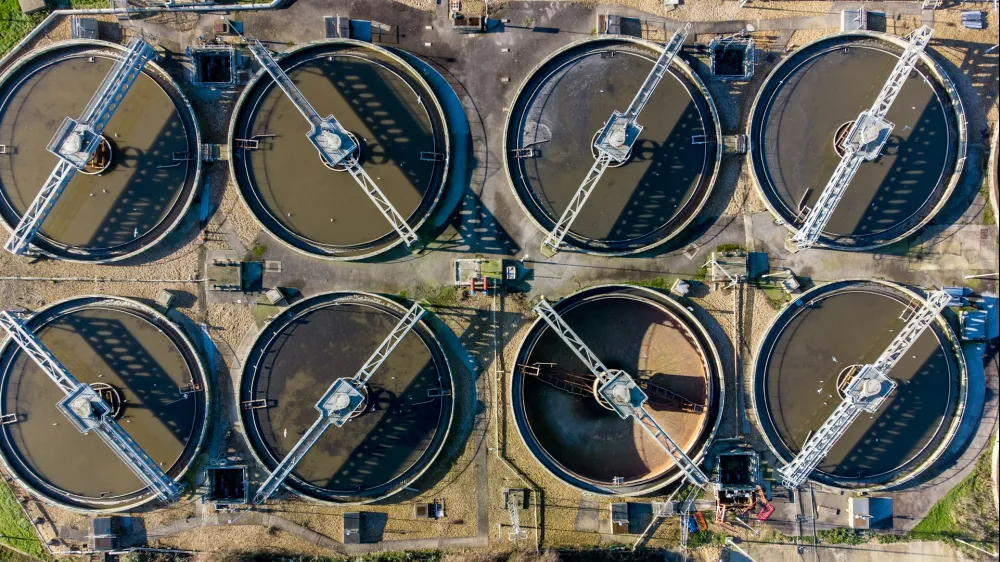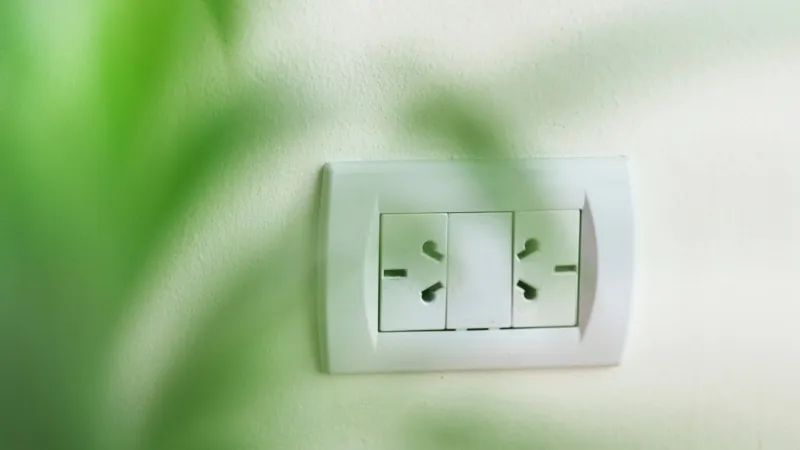
Hong Kong urged to mandate disclosure of data centers’ power use
A law that will take effect in August only requires audits every five years.
Hong Kong should require companies to disclose how much power their data centers use to guide investors and help manage the city’s electricity demand, analysts said.
Their power requirements as a ratio of total building energy use would help international investors make an “apple-to-apple” comparison between Hong Kong and other data centre markets, Lawrence Iu, executive director at Hong Kong think tank Civic Exchange, told Hong Kong Business.
“The government did mention that power usage effectiveness is a useful indicator, but is not mandatory,” he said via Zoom.
“They should consider introducing it as a mandatory metric for data centres because this is a global best practice.”
Data centers were recently added to the coverage of Hong Kong’s building energy efficiency ordinance, which will take effect in August.
Markets like China, Singapore, Australia, and Germany have power usage effectiveness requirements for data centres.
The ordinance does not mandate efficiency disclosures but requires energy audits every five years — twice as often as the previous 10-year cycle.
Harry Lai, executive director at the Hong Kong Green Building Council, said data owners must hire a registered energy assessor to conduct the audit.
“Owners should gather the configuration of the data centre and the information of the building service installation before conducting the energy audit,” he said in an emailed reply to questions. “This information is normally available in the operation and maintenance manuals.”
To make the audit more precise, the owner could install sub-meters to measure the energy consumption of different systems such as air-conditioning, lighting and other major power loads, he added.
Lai said the ordinance also requires data centers to disclose their floor area, analyse energy consumption over 12 months, and present a cost-benefit analysis. After completing the energy audit, an energy audit form must be displayed at the main entrance.
Iu expects Hong Kong to attract more data centers because of the ordinance.
“With this measure, Hong Kong can improve the efficiency of existing industries and ensure that new infrastructure is super-efficient,” he said. “This way, the city can help stabilize the energy demand for the future.”
There is no official count of data centers in Hong Kong, but Iu said they occupied 970,000 square meters of space and accounted for 4% to 5% of total energy consumption in Hong Kong’s commercial sector in 2022.
Lai expects the revised ordinance to help Hong Kong save 500 million kilowatt-hours of electricity annually until 2035.
“The reduced energy demand will not only reduce carbon emissions but also lessen the financial burden on the public for the increased use of clean fuels for electricity generation, thereby assisting Hong Kong to achieve carbon neutrality by 2050,” he added.



















 Advertise
Advertise






